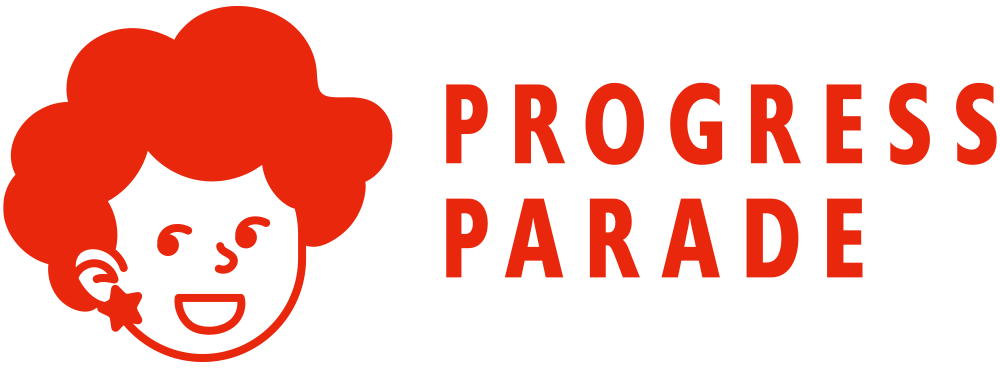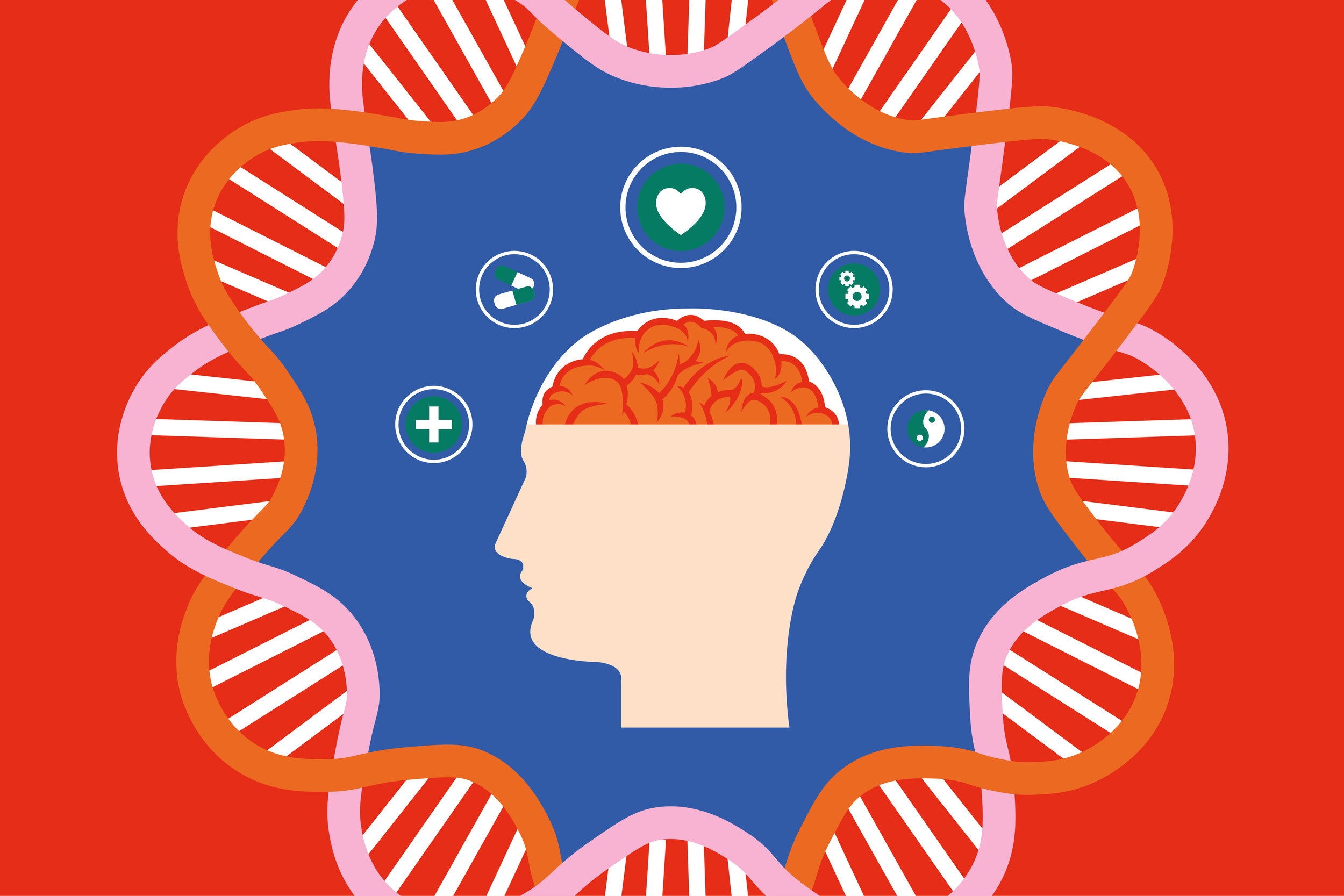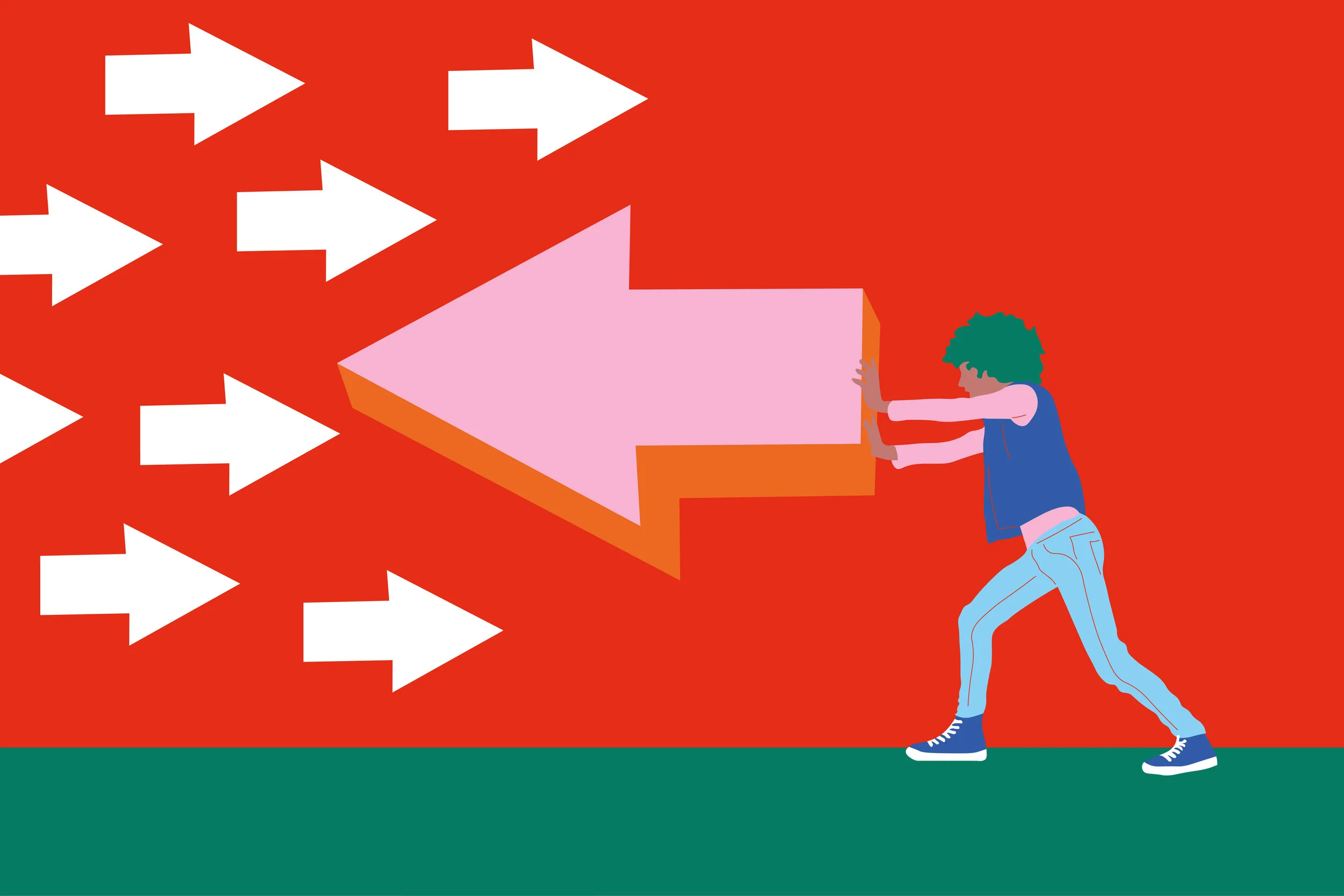Can learning disabilities be cured?
Since we’re tutors for learning disabilities, we want to empower our families with a better understanding of this diagnosis! In this series, we've shared a learning disability primer, covered how learning disabilities are diagnosed, what to do when learning of a new diagnosis, and the difference between learning disabilities and ADHD.
In this article, we will answer a common question: Can learning disabilities be cured?
Can Learning Disabilities be Cured?
The short answer to this is: no, learning disabilities cannot be cured. Like all neurological disorders, it is lifelong. But that definitely does not mean your child is fated to a lifetime of low academic performance, an insecure future, or a low-paying job. In fact, you’ll see in our examples later that the opposite can be true! Forbes even recently pointed out that many characteristics of learning disabilities in reading (aka, dyslexia) will help businesses to function in a changing environment!
The way a learning disability expresses itself may change over an individual’s life, depending on the relationship between the demands of the environment and their strengths and needs. With the right supports and interventions, some children with learning disabilities may “grow out” of special education, but many will need academic support through their entire educational career. The accommodations and strategies that children learn in school will help them be successful in college and work.
While a learning disability won’t be diagnosed until a child is of school age, its effects aren’t limited to the school years. Calculating bills or a bank balance, reading street signs, filling out forms, and keeping oneself organized are daily activities for all adults, but may pose particular challenges for persons with learning disabilities, which can affect processing speed, working memory, and the input and output of information. There are lots of strategies which support ongoing success and independence like putting to-do lists or reminders in their phone, making estimates in math or listening to an auditory version of reading material. These are some of the many strategies available to help those with learning disabilities be successful in adulthood. Many students with disabilities learn these strategies at a young age, but even “neurotypical” adults often rely on them in their busy adulthoods!
Having a learning disability doesn’t make a child “bad” at school. It means they learn differently and need to be supported in that way. Then they can still develop confidence in themselves as learners, which will carry them far in life. Remember, a learning disability is something someone has, not who they are.
“Many students with disabilities learn these strategies at a young age, but even “neurotypical” adults often rely on them in their busy adulthoods!”
Learning disabilities and turning learning challenges in life changing achievements
There are plenty of examples of famous people who have opened up in interviews about their learning disabilities when they were children, and how it still impacts them as adults. For many adults, working through a learning disability in their early years guided the careers they chose and is part of the reason that they are successful.
When school is easy or one can get by on “listening and memorizing” or “cramming,” they don’t learn functional study skills and will ultimately hit a limit sometime in high school or college when those approaches no longer work. We’ve seen students that breezed through many grades and then hit a year where academics required more of them, and suddenly, they thought “I’m dumb now.” Students with learning disabilities, for whom school was never simple, already have years of practice of slowing down, re-reading, re-framing, repeated practice, and different methods of studying – for them, adjusting how they approach a subject or project isn’t new and they don’t face that learning cliff the way other students do. As Tim Tebow, former NFL quarterback who has been open about his dyslexia, has described in interviews, finding out how he learned made all the difference. He has said, “I’m not somebody that opens a playbook and just turns and reads and reads. So I just made flashcards. I take each one…when I’m traveling, I just flip through it. That really helped me. Writing it down, flipping through and quizzing myself, that was a great way for me to do it.”
Because it is a neurological disorder, people with learning disabilities have brains that see the world differently, and that can work to their advantage. Paul Orfalea, who founded the Kinkos copy shops, has described his learning disability and different learning style as helping him to see the big picture and not worry about tiny details, something that has helped him be successful in his business.
Students with learning disabilities learn early on to keep trying. Patrick Dempsey, actor, was diagnosed with dyslexia at age 12, and has stated in interviews that he continues to struggle with reading his scripts. But, he also says, his struggles with reading have made him who he is: “it’s given me a perspective of ‘you have to keep working.’ I have never given up.” While it can’t be easy to be an adult who struggles with reading, it’s also helped him build strengths that make him a hard worker, a positive quality it would be good for all of us to emulate.
“ Students with learning disabilities, for whom school was never simple, already have years of practice of slowing down, re-reading, re-framing, repeated practice, and different methods of studying.”
Learning disabilities: part of a diverse world
Given that anywhere from 5-9% of the population has a learning disability, there are a lot of successful adults out there who are living daily with the understanding that their brains work differently. Many people with learning disabilities find that they are broad thinkers and intuitive because they have to approach learning differently, which can boost their creativity.
I’ll discuss this more in a follow up article, but there are lots of things parents and teachers can do to encourage their children’s confidence and interests outside their area of disability. We’ll also talk about how to continue to encourage your child even in the area of difficulty – learning strategies and approaches to reading even when one has a learning disability in reading is important for success, confidence, and daily activities.
While there are many adults out there who are not interviewed about their learning disabilities, or choose not to be open about it, we can use what we do know from people’s experiences and how they contend with their disability on a daily basis, to look to their success to inspire our children to persist in not letting the challenges of a learning disability stop their growth.
Progress parade school psychologist shares long-term view of learning disabilities, in the lens of a growth mindset.
































